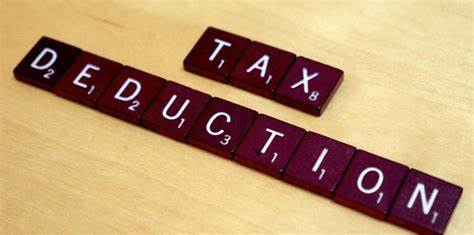Earning money is the primary goal of everyone in today’s world, with multiple avenues available to make a living. There are citizens whose primary source of income is through royalty, either on their music, books, inventions, etc. Section 80RRB of the Income Tax Act has been designed keeping their unique requirements in mind. Citizens who receive an income through royalty on their patent can claim income tax deductions, encouraging them to produce more work and earn higher.
What are Patents?
Our world would be a completely different place if not for the inventions made over the centuries. India is home to some of the best minds in the world, people who regularly invent new creations, creations which can find use across the globe. A patent, in simple words, is the right which is given to the creator on his creation for a specific time period. This right is conferred in exchange of details of a particular invention or creation. A patent is an intellectual property and the patent holder can ensure that his/her rights are protected after an idea or product is developed.
For Example, let us look at Miss Rekha who is an engineer by profession. She comes up with an idea and creates a Scan pen, a device which can helps you scan a document through your pen. She applies for a patent and receives it, getting a certain amount as royalty on her product for 5 years.
Royalty on Patents:
Inventors can give third parties the right to use their ideas, in exchange for a royalty on the income earned by such parties. Royalty is the payment provided by a party to the person who created the product (physical product or the idea). It is seen that major corporates put the idea into effect and produce it, paying a certain portion of the sales as royalty to the patent holder. The royalty depends on the patent, but some individuals are known to earn millions of dollars every year by means of royalty.
Considering the example of Miss Rekha, she grants a global corporation the right to use her idea, with the company offering her a certain sum as royalty for it.
Eligibility Criteria for Section 80RRB:
Deductions under Section 80RRB can be claimed only upon satisfaction of a few basic criteria.
- Indian Resident: The individual claiming a deduction should be an Indian resident.
- Patent Holder: Only patentees can claim this tax deduction. Individuals who do not hold the original patent are not eligible for tax benefits.
- Patent Registration: The patent in question should be registered under the Patent Act of 1970, either on or after April 1, 2003.
Deductions on Income received through Royalty on a Patent:
The royalty received by an individual on his/her patent is eligible for tax deductions under Section 80RRB of the Income Tax Act. The total income of such an individual can be from royalty plus additional sources, with only that income received as royalty eligible for deductions. Individuals can claim deductions to the tune of Rs 3 lakh on such income, provided they are the original patent holders for such inventions. In case of the income being lower than Rs 3 lakh, they can claim deductions on the actual income received as royalty.
Individuals who earn royalty from foreign shores can claim deductions only within 6 from the end of the last year in which the income was received. Patent holders who are unable to furnish due proofs could find themselves in a position where their deductions are denied.

